If the U.S. Department of Energy designates a National Interest Electric Transmission Corridor, and a transmission project is planned for that corridor, first the transmission developer must attempt to get state permits for its project. In the event that a state denies a permit for a project, then the transmission developer can go to FERC, denial in hand, and ask that FERC overrule the state and site and permit the transmission project anyhow.
This may be the situation with MARL, and any other transmission project that DOE creates a corridor for.
FERC was given authority to site and permit transmission as a "backstop" to state inaction back in 2005. FERC subsequently created rules for its process to do so. When Congress changed the "backstop" law in 2021 to allow FERC to permit even when a state denied a project, FERC released a rulemaking to update its process. During the rulemaking, FERC received numerous comments on its proposed rule and suggestions to make it better. Across the board, FERC rejected most of these changes.
If you find yourself in a situation where the project you oppose ends up before FERC, you're going to need to know the rules for participating in that process.
FERC made only one useful concession between its proposed rule and the final rule issued on Monday. The proposed rule allowed a transmission developer to begin the pre-filing process at FERC at the same time it filed its applications with state commissions. That idea, which was widely panned by states and landowners, would have required landowners to participate in the FERC process at the same time as the state process. Two permitting processes, two sets of rules, two sets of lawyers, two sets of headache. All with the knowledge that the FERC process would become unnecessary if the state approved the project. A complete waste of time. However, FERC dumped that proposed rule and now says that a developer cannot begin its pre-filing until one year AFTER it files its state applications. This gives the state a year to complete its permitting before the FERC process begins. At least you won't be engaging in two permitting processes at the same time. However, FERC did not speak to landowners' question regarding whether the FERC process would proceed while state appeals are pending. For instance, if a state denies, the transmission developer could appeal that denial in state court, instead of engaging in the more expensive and lengthy FERC process. Conversely, if a state approved and the landowners appealed that decision, when would the FERC process begin? This means that this process is still subject to being shaped in practice.
The part of FERC's new rule that is truly awful is its insistence that an "Applicant Code of Conduct" will ensure that the transmission owner has "made good faith efforts to engage with landowners and other stakeholders early in the permitting process" as required by the statute.h
Ensure that any representative acting on the applicant’s behalf states their full name, title, and employer, as well as the name of the applicant that they represent, and presents a photo identification badge at the beginning of any discussion with an affected landowner, and provides the representative’s and applicant’s contact information, including mailing address, telephone number, and electronic mail address, prior to the end of the discussion.
Ensure that all communications with affected landowners are factually correct. The applicant must correct any statements made by it or any representative acting on its behalf that it becomes aware were:
(i) Inaccurate when made; or
(ii) Have been rendered inaccurate based on subsequent events, within three business days of discovery of any such inaccuracy.
Ensure that communications with affected landowners do not misrepresent the status of the discussions or negotiations between the parties. Provide an affected landowner upon request a copy of any discussion log entries that pertain to that affected landowner’s property.
Provide affected landowners with updated contact information whenever an applicant’s contact information changes.
Communicate respectfully with affected landowners and avoid harassing, coercive, manipulative, or intimidating communications or high-pressure tactics.
Except as otherwise provided by State, Tribal, or local law, abide by an affected landowner’s request to end the communication or for the applicant or its representative to leave the affected landowner’s property.
Except as otherwise provided by State, Tribal, or local law, obtain an affected landowner’s permission prior to entering the property, including for survey or environmental assessment, and leave the property without argument or delay if the affected landowner revokes permission.
Refrain from discussing an affected landowner’s communications or negotiations status with any other affected landowner.
Provide the affected landowner with a copy of any appraisal that has been prepared by, or on behalf of, the applicant for that affected landowner’s property, if any, before discussing the value of the property in question.
Compare this crappy "protection" to what a group of experienced transmission opponents asked FERC to do in their comments.
| impacted_landowner_comments.pdf |
See you at FERC, friends. Bring your singing voice!
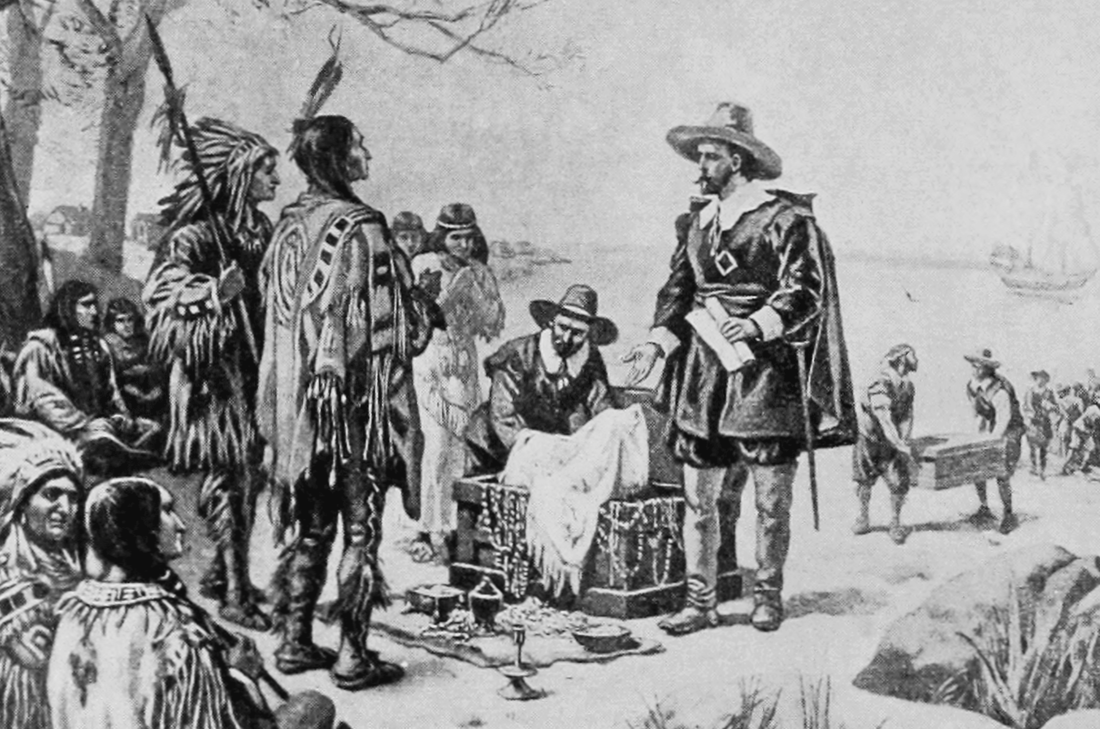
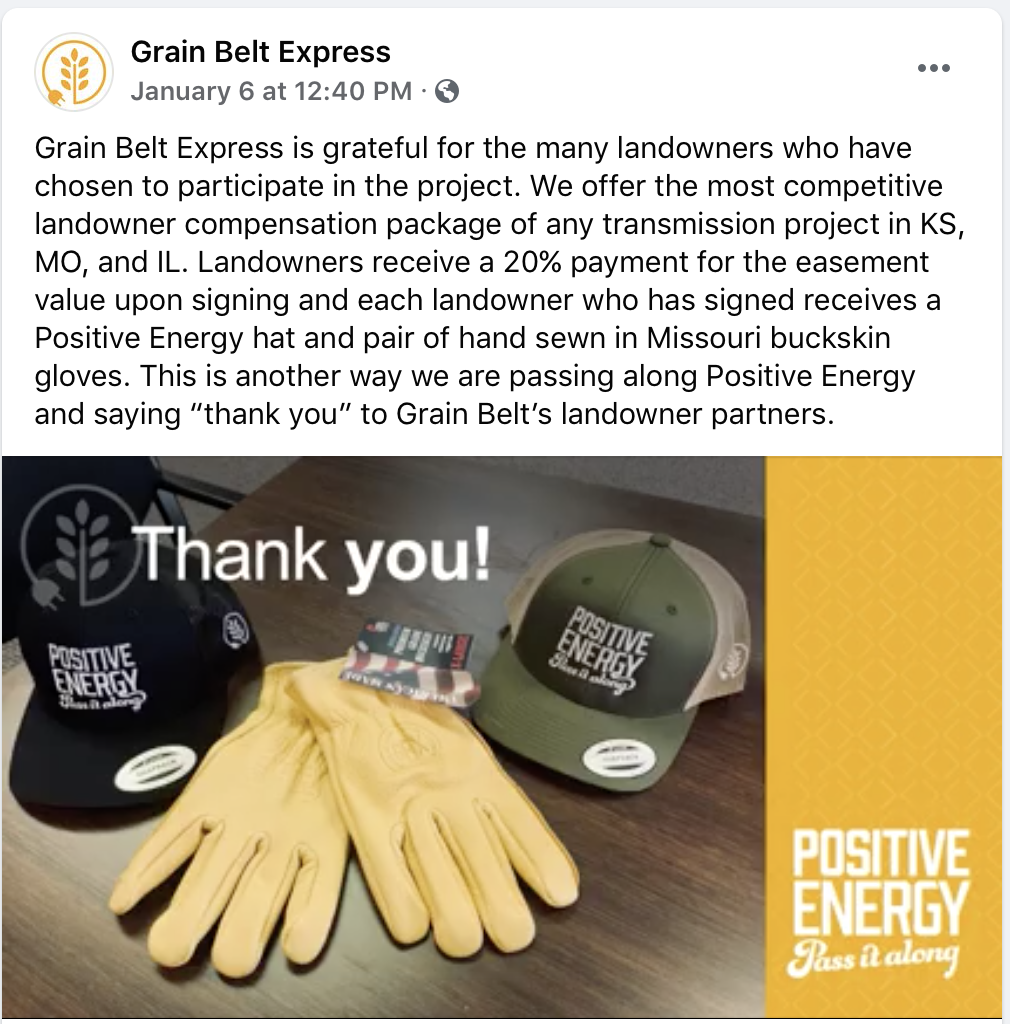

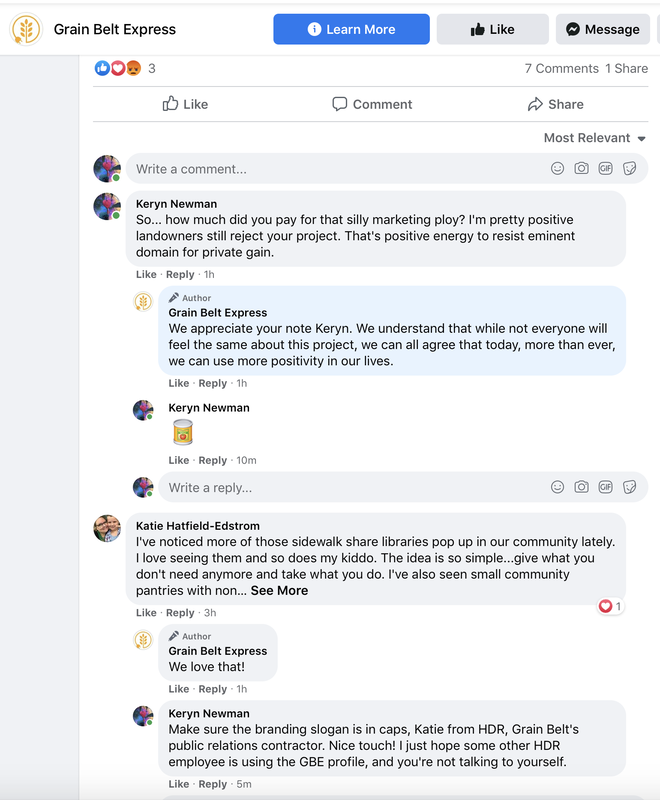



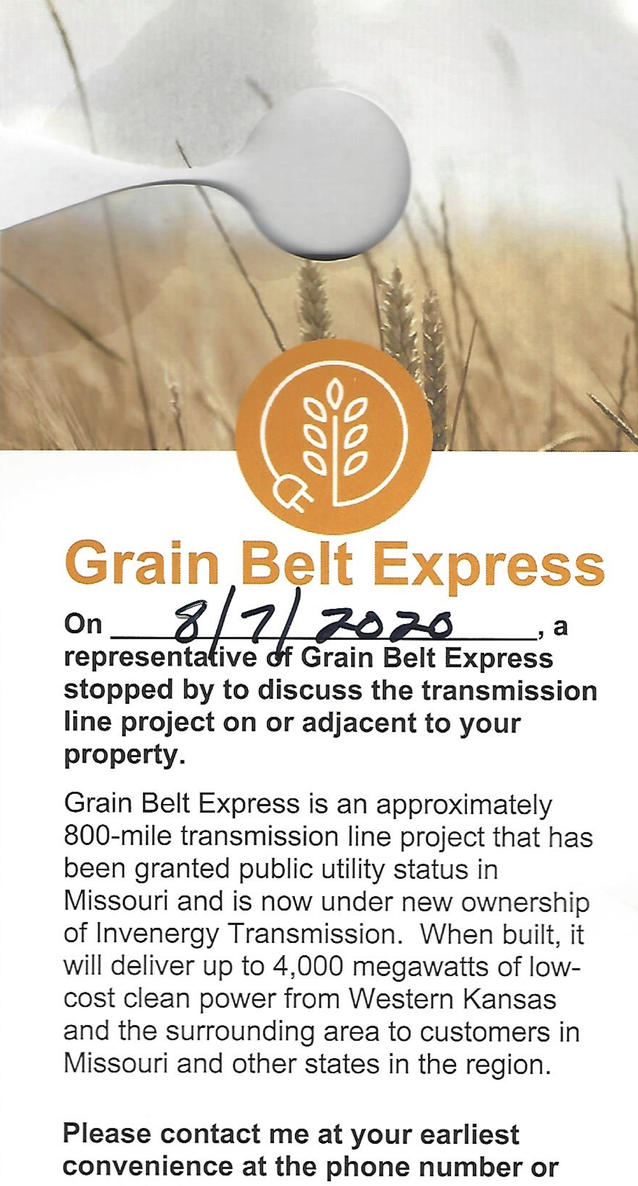

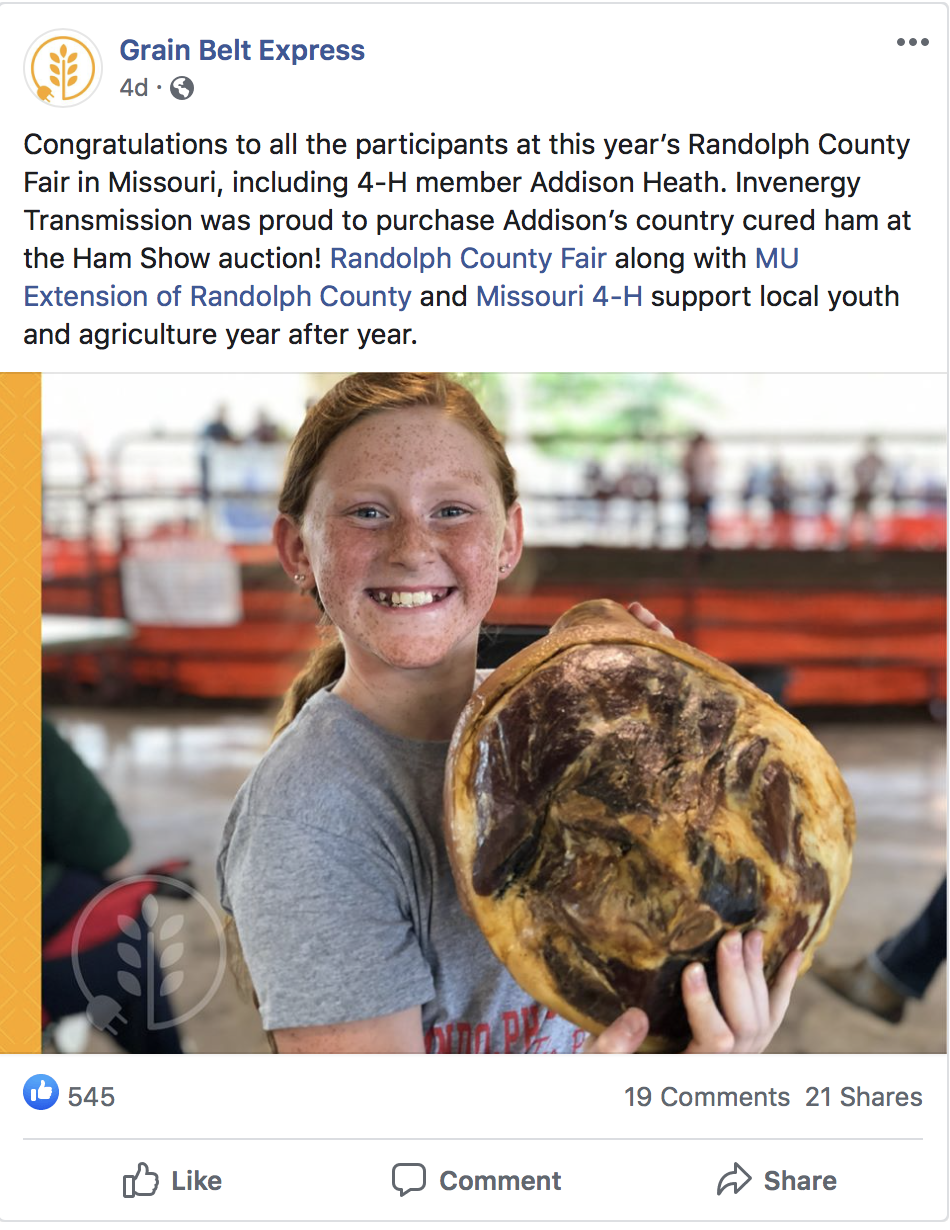
 RSS Feed
RSS Feed